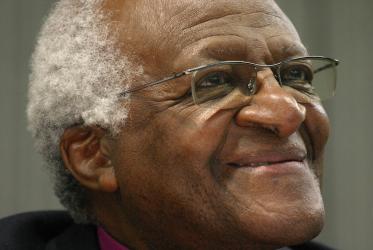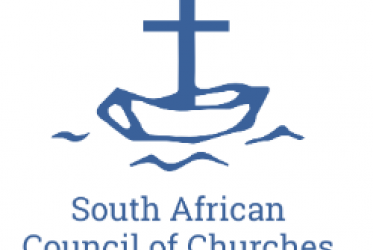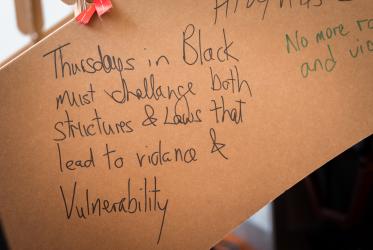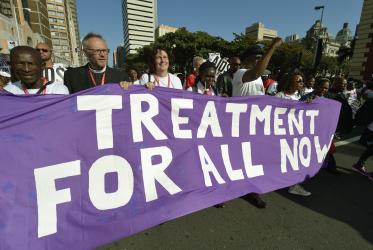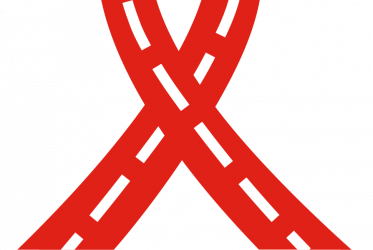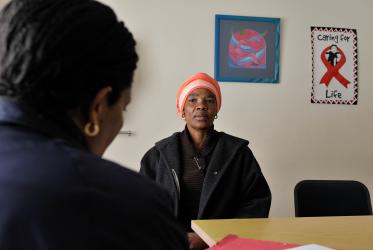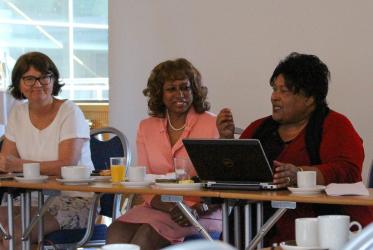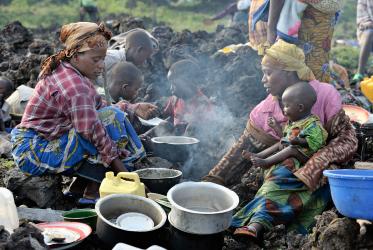Displaying 1 - 20 of 20
Churches in southern Africa stand against violence, xenophobia
10 October 2019
When you strike the women, you strike a rock
18 September 2019
Thursdays in Black: sharing support, transforming lives
21 February 2019
G7 must address famine
22 May 2017
Local work by faith-based groups key to ending AIDS
27 June 2016
Tveit in South Africa: “ We know. We dare. We can.”
12 June 2016


